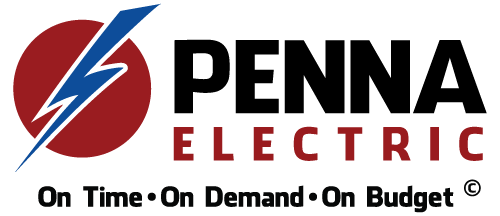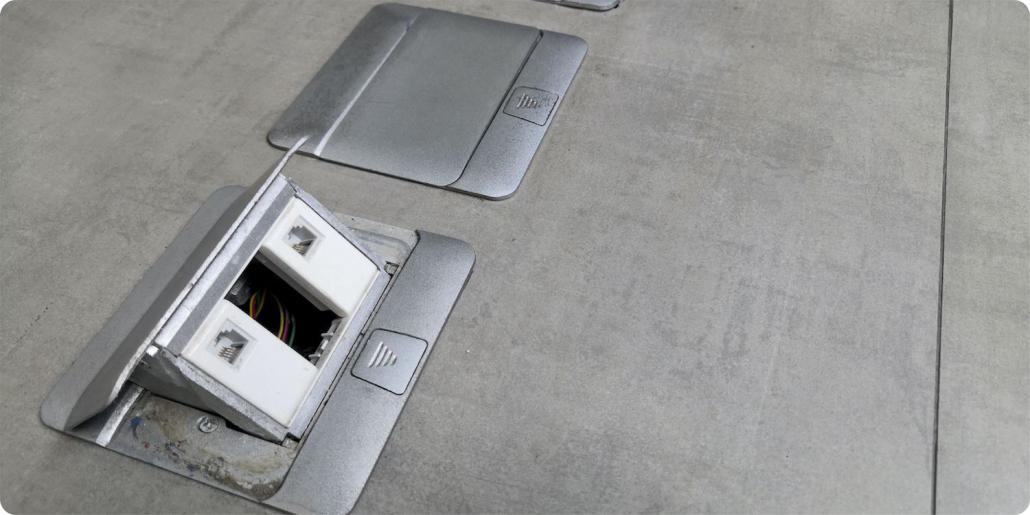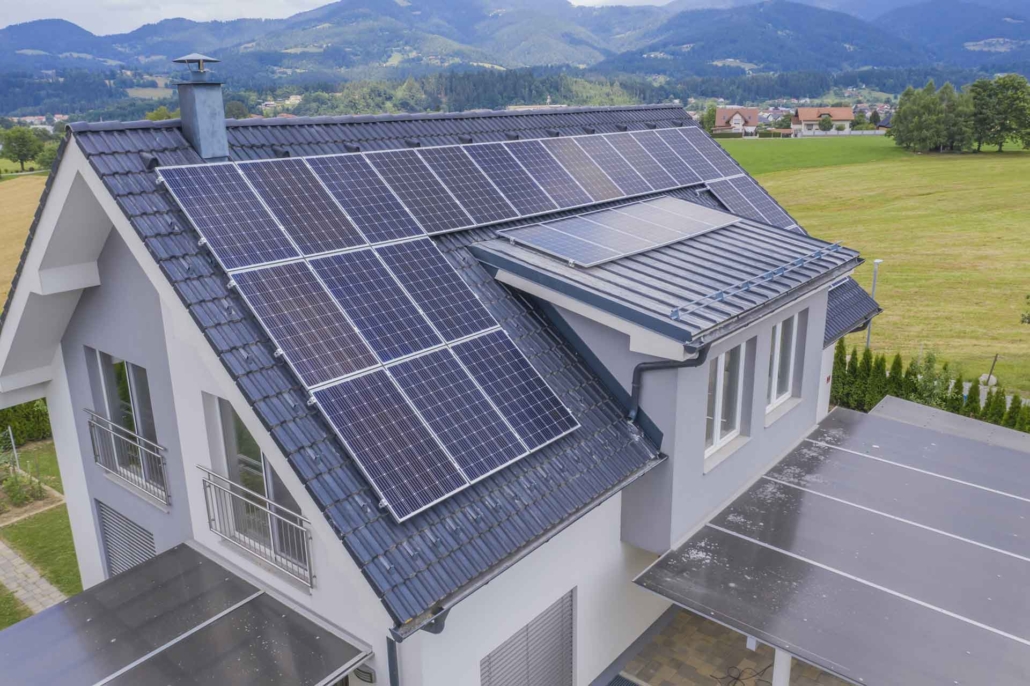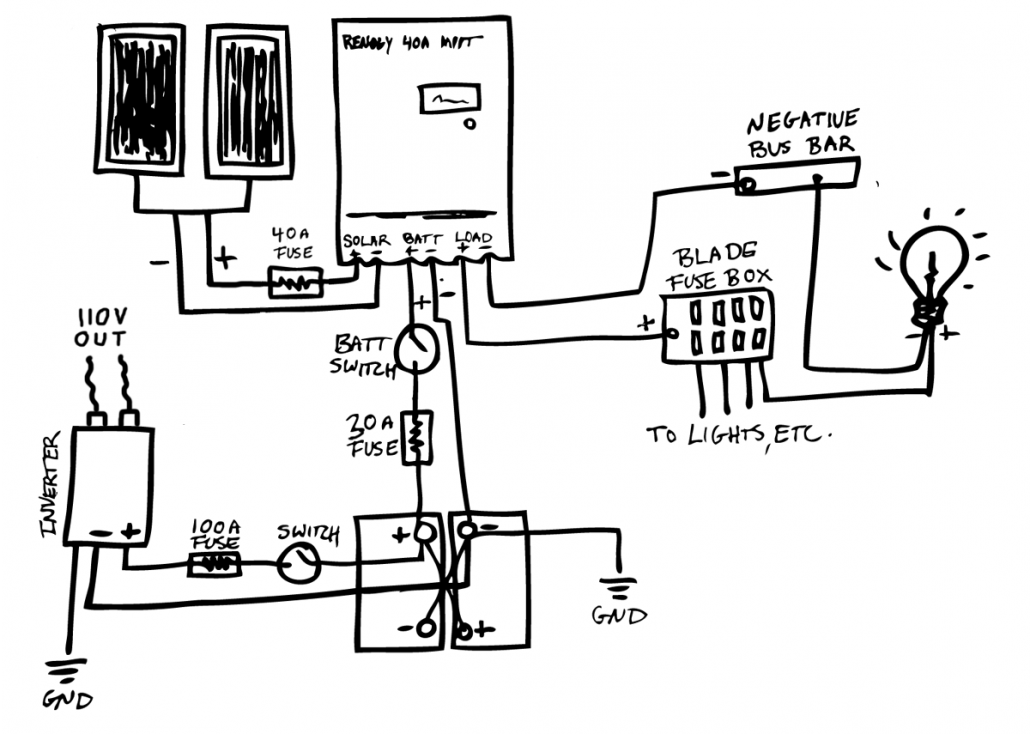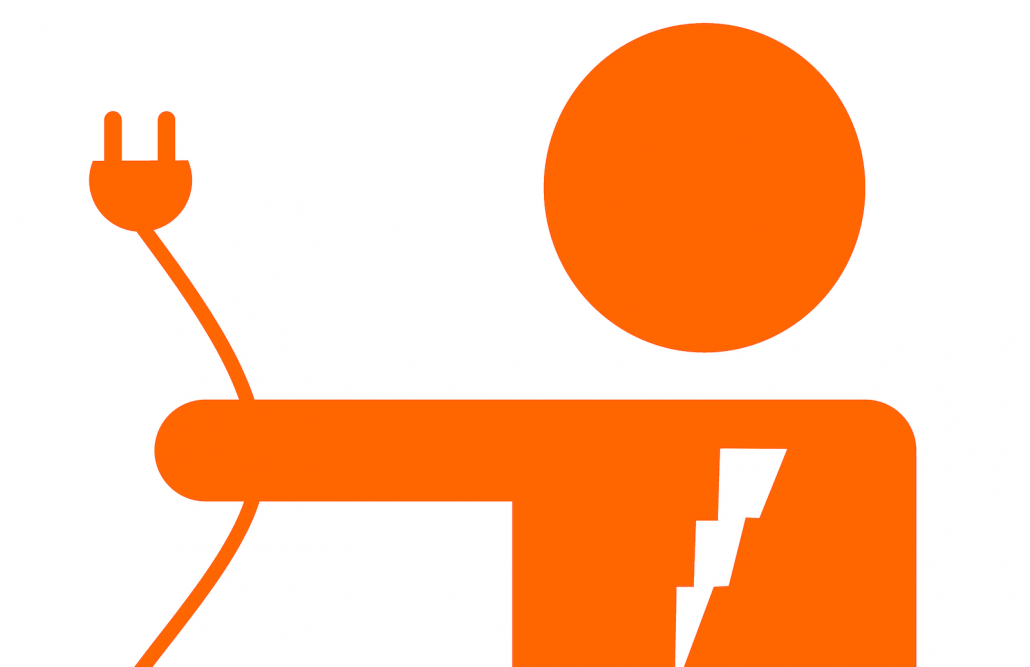August 14, 2020 | Cristina Dinulescu
A lot has changed over that last 10 years in the world of electric cars, and consequently in the world of EV charging equipment. Ten years ago, Tesla, BMW and other car manufacturers that had electric vehicles on the market all partnered with ClipperCreek to supply home charging stations. The company was far and wide the only choice at that time for specialized EV charging stations.
Today, the market has multiple options for electric car owners who want to invest in a level 2 charger, from JuiceBox EVSEs and ChargePoint Home to Bosch, Tesla. Siemens and GE. The question is not about offering anymore, but is a level 2 charger worth it? As opposed to a level 1 EV charger that’s included when you purchase the vehicle, the level 2 EVSE incurs additional expenses.
Perks of a Level 2 EV Charger
To answer the question of whether investing in a level 2 charger is worthwhile or not, you’d have to consider the perks it brings versus the costs it incurs. But even before you look for buying options, there are other considerations to account for that might add to the level of effort.
- Do you control the electricity supply? – If you own your house, then this is not an issue, but if you live in a rental or own a condo, then you’ll have to ask for permission from the association, or the landlord, and this can prove troublesome. Also, living in an apartment can make it more difficult, as there may only be a limited amount of power available in the garage structure.
- Do you have enough electrical capacity? Usually, a charging station will require a dedicated circuit, so your electrical panel will need to have sufficient spare capacity to accommodate that.
There are four main perks of investing in a level 2 charger that will bring about convenience, accessibility and time advantages. How much an EVSE can help you is very much dependent on your driving routine and lifestyle.
- Charging time – one of the biggest advantages a level 2 EV charging station brings is greatly reduced charging times. Of course, this depends on the type of electric car you own and the battery it has, but generally you can fully charge a vehicle in 4 to 5 hours. In contrast, with a level 1 charger it takes about 25 hours.
- RPH – this refers to driving range per hour of charging and, in the case of a level 2 charger, it can be up to 25 miles. Commercial charging stations with DC fast chargers can deliver between 100 and 200 RPH.
- Features – Level 1 chargers are pretty basic and don’t come with a lot of features, but you have plenty more options when you invest in a level 2 charger. From mechanical locking features, Wi-Fi and smartphone compatibility to control over charging time, there are many options to look at.
- Property value – more and more people are eco-conscious today, which is why electric cars are on the rise. Having a charging station installed is an attractive feature and will increase the resale value of your property.
Level 2 EV Charging Station Expenses
There are two factors that make up the total expense of having a level 2 charging station at home: the price of the EVSE itself and the cost of Installation. Level 2 charging stations require professional installation by a qualified electrician. The cost can range from $500 to $1,200, depending on your choice of electrician, the circumstances of your home, and whether or not an electrical upgrade is in order.
The price of the charging station itself also varies, as different brands and different models are now available on the market. Expect to pay anywhere between $400 and $1,200 on a quality level 2 charging station. Keep an eye out for special offers and discounts if you’re on a budget, but make sure you get a high quality, safety-certified unit.
The choice of charging station has a lot to do with what you need from it. If all you’re looking for is a well-built unit with a great warranty, then you’ll be closer to the lower end of the pricing range. If you want a smart EVSE that you can control with your voice using Amazon Alexa, or that can display your charging history and calculate charging costs, then you’ll be closer to the higher-end price range.
One way to keep the expenses down is to avoid overpaying, which means doing a bit of research beforehand. Shop around for charging stations, and don’t necessarily assume that bundles of charger + installation are cost-effective. Get free quotes from electricians and go with one that you trust. Also, level 2 chargers can be plugged in 240V outlets, so hardwiring is not always necessary, and nor are the permits that it requires.
The Bottom Line
A level 2 charger brings plenty of benefits, and it definitely incurs significant costs as well. You’ll have faster charging time and quicker response, as well as increased convenience. On the other hand you’ll have to pay for the unit yourself, and for the installation. But in order to truly see if it’s worth it or not, you need to think of the long-term benefits, rather than the short-term perks.
Having this type of charging station allows for scalability, so if you add a second electric vehicle to the household in the future, this setup will help. An important thing to remember is that the buying and installation process is a one-time occurrence, but the benefits and convenience are for years to come.
If you’re still not sure how much the cost may be for installation, but know you need your EV charger installed and are breaking your brain trying to get a rough idea of what you may have to spend. Don’t worry, make a simple call to a professionally licensed electrician and let them come up with an accurate estimate for you.
